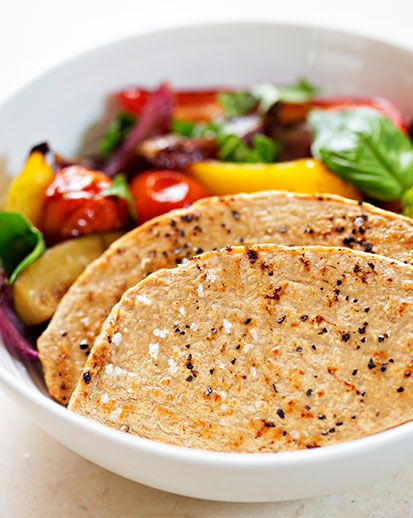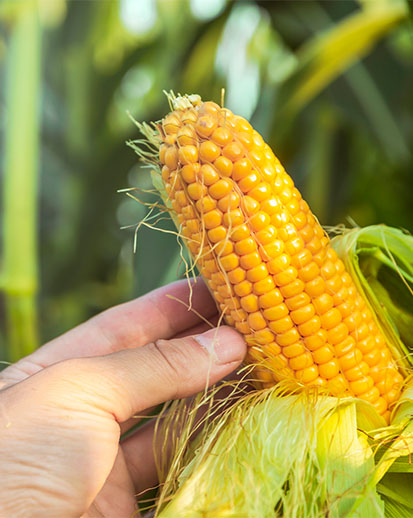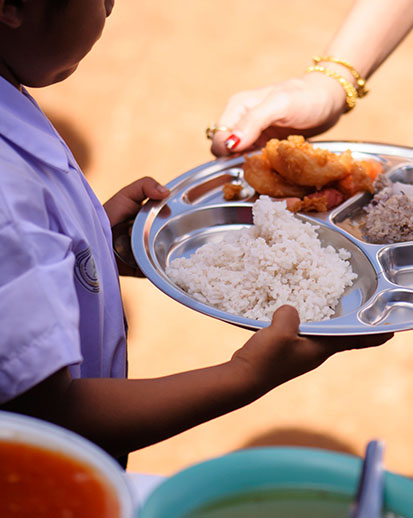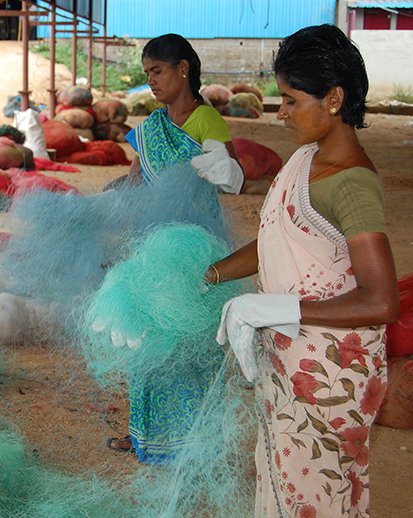Resources & Circularity initiatives
Platform for Accelerating the Circular Economy (PACE)
PACE is part of the World Resource Institute’s (WRI) Center for Sustainable Business. PACE is a public-private collaboration platform that aims to catalyze global leadership from business, government, and civil society to accelerate the transition to a circular economy. Mr. Dimitri de Vreeze represents DSM in the Global Leadership Group, which includes more than 80 CEOs, ministers and heads of international organizations. PACE catalyzes new projects and supports partner-led projects to scale up circular economy action on plastics, electronics and capital equipment, food and agriculture, and textiles and fashion. Other thematic touch points are Finance, Metrics and Innovation. PACE is leading the mapping and tracking process for initiatives, including DSM initiatives, already in place that tackle specific Calls to Action.
Ellen MacArthur Foundation (EMF)
The EMF is an organization which supports the transition toward the circular economy. It does this by developing and promoting the concept of a circular economy, working with business, policy makers and academics. In 2021, access to the Foundation’s Network Workshops and online Annual Summit was available to our employees. We participated in the Ellen MacArthur Foundation’s From Linear to Circular program, aimed at postgraduate students and professionals at the start of their circular economy career. It includes webinars, networking sessions, a vibrant online community, and collaborative team projects developed by the Foundation and members of the Ellen MacArthur Network. We also endorsed the Ellen MacArthur Foundation biodiversity paper and provided input to the Big Food Redesign campaign supported by communications activity across the Foundation’s channels.
Circle Economy
Circle Economy is a not-for-profit organization that works with a global community of businesses, cities and governments to accelerate the transition to the circular economy through practical and scalable insights. In 2021, we were members of the Circularity Gap Report Roundtable, which developed the 4th Circularity Gap Report. The Gap Report provides a framework and fact base to measure and monitor progress in bridging the global circularity gap. The Gap Report Initiative will continue to bring together global, cross-sector stakeholders from academia, businesses, NGOs and governments to input, evaluate and endorse the annual Gap Report.
Champions 12.3
Our Co-CEO Ms. Geraldine Matchett is a member of Champions 12.3, a coalition of executives from governments, businesses, international organizations, research institutions, farmer groups, and civil society dedicated to inspiring ambition, mobilizing action, and accelerating progress toward achieving SDG Target 12.3 by 2030. An important and promising angle addresses climate action through value chain collaboration. In 2021, we presented, together with Wageningen University, actions against food waste to reduce greenhouse gas emission throughout the dairy value chain.





